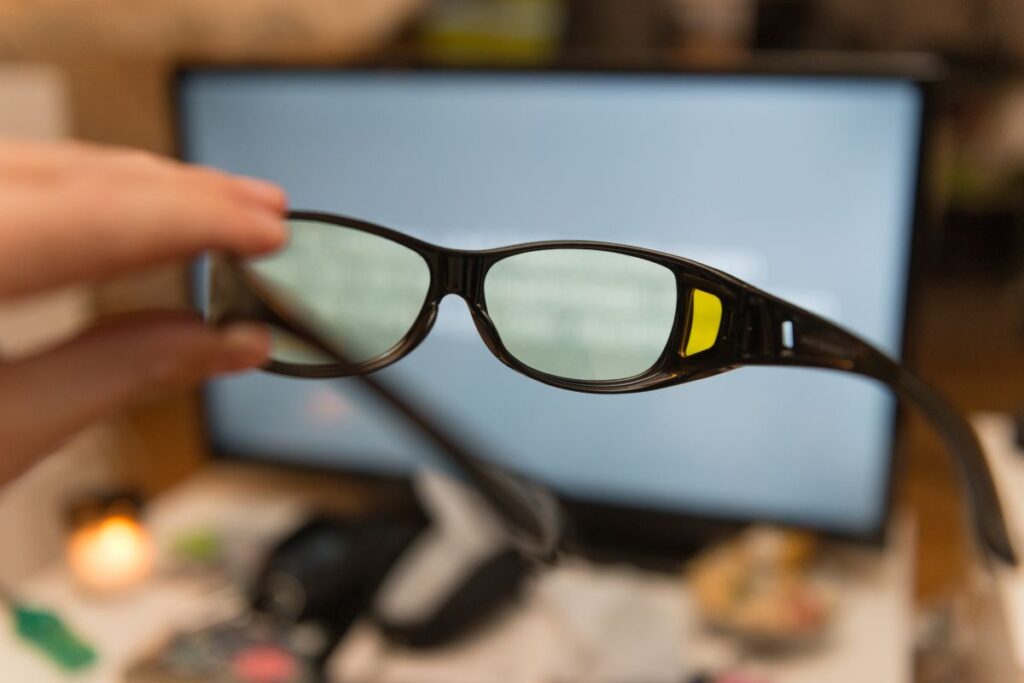Understanding Blue Light and Blue Light Glasses
Natural blue light is all around us. It plays an important role in regulating our sleep-wake cycle, boosting alertness, and even improving mood. However, in today’s digital world, we’re exposed to significantly more blue light than ever before—especially from devices like smartphones, laptops, and tablets. The rise in screen time has led to a surge in demand for blue-light-blocking glasses, but do they really work? Here’s what you need to know before deciding if they’re right for you.
What is Blue Light?
Blue light is part of the visible light spectrum and has the shortest wavelength but the highest energy. The majority of blue light exposure comes naturally from the sun, helping to regulate our circadian rhythm—the body’s natural sleep-wake cycle. However, digital screens, LED lighting, and fluorescent bulbs also emit blue light, leading to concerns about overexposure and its possible effects on eye health.
While natural blue light exposure during the day has benefits, excessive exposure from artificial sources, especially at night, may contribute to sleep disturbances, digital eye strain, and long-term vision concerns.
Is Blue Light Harmful?
According to the Canadian Association of Optometrists (CAO), there is currently no clinical evidence that exposure to blue light from digital screens directly harms the eyes in the short term. However, long-term cumulative exposure to blue light—especially from sources like the sun—has been linked to an increased risk of cataracts and macular degeneration.
The biggest concern with artificial blue light is its effect on sleep quality. Blue light suppresses the production of melatonin, the hormone that signals your body when it’s time to sleep. This is why using screens before bed can make it harder to fall asleep and lead to daytime fatigue. Children are especially vulnerable to this disruption, as their eyes absorb more blue light than adults.
What Are Blue Light Glasses?
Blue-light-blocking glasses have special lenses designed to filter or block blue light wavelengths from reaching your eyes. Manufacturers claim they help reduce glare from screens, improve sleep quality, and minimize potential long-term risks associated with blue light exposure.
These glasses are often marketed as a solution to digital eye strain, though it’s important to note that eye strain is usually caused by screen glare, poor posture, and reduced blinking—not blue light alone.
Do You Need Blue Light Glasses?
There is no strong scientific consensus on whether blue light glasses are necessary for everyone. The CAO suggests that purchasing them is a personal choice, best made with guidance from an optometrist. However, they may be beneficial in specific situations:
- If you spend long hours on digital devices, blue light glasses might help reduce eye fatigue and improve sleep quality if worn in the evening.
- If you experience migraines triggered by screen use, some specialty lenses are designed to filter blue light and reduce discomfort.
- If you struggle with falling asleep after screen time, wearing blue light glasses in the evening may help your body maintain a natural sleep cycle.
That said, you can also reduce blue light exposure by adjusting your habits:
- Take breaks using the 20-20-20 rule: Every 20 minutes, look at something 20 feet away for at least 20 seconds.
- Keep a proper screen distance: Sit at least 60 centimetres (about two feet) away from your screen.
- Use night mode settings: Many devices now offer “Night Shift” or “Blue Light Reduction” modes that warm the colour temperature of the display, reducing blue light emissions.
- Use artificial tears or a humidifier: Dryness and irritation from screen use are often due to reduced blinking, not blue light. Using optometrist-approved eye drops can help keep your eyes comfortable.
Specialty Lenses and Eyewear in Edmonton
If you’re interested in blue-light-blocking glasses or other specialty lenses, Optometrists’ Clinic Inc. carries a wide selection, including digital lenses, anti-fog lenses, and lenses designed for migraine relief. Our team of optometrists can help you choose the best options based on your lifestyle and vision needs.
To schedule an eye exam or learn more about specialty lenses, contact us today or visit one of our locations in Edmonton, Leduc, or Westlock.



